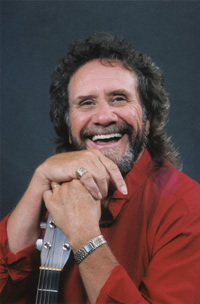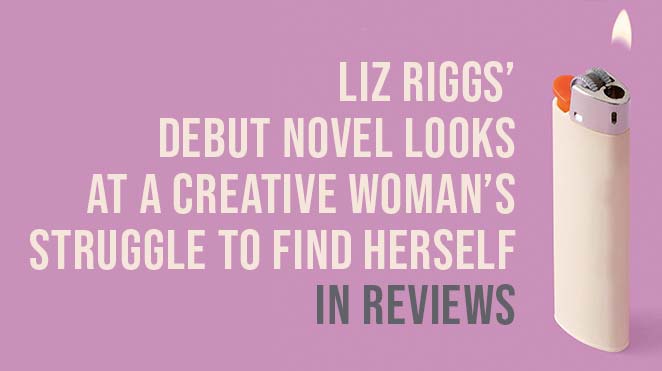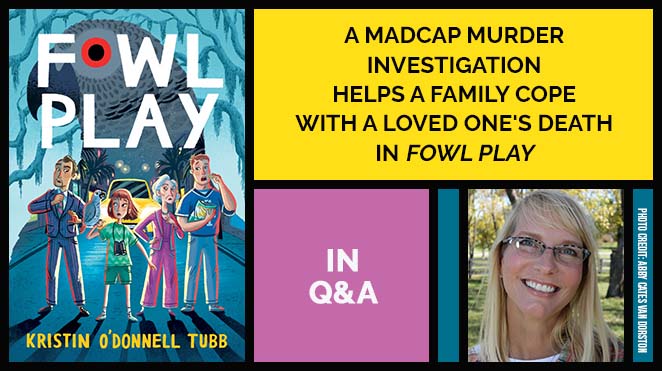There are echoes of his voice on the radio today. When Tim McGraw sings—or Willie Nelson or Merle Haggard—what you’re hearing is the influence of Lefty Frizzell, front and center stage. Little known today, Lefty’s music was simply everywhere in the early 1950s. And his life was filled with as many ups and downs as his loose, turbulent voice. In his new memoir, I Love You A Thousand Ways: The Lefty Frizzell Story, Lefty’s brother David tells the story as he knew it.
As a boy in the oil fields of the southwestern United States, Lefty idolized singers like Jimmie Rodgers and the cowboy movie stars of the 1930s and ‘40s. By 1951, a twenty-three-year-old Lefty had four songs on the country Top Ten—at the same time. Many of Lefty’s songs, including “Always Late (With Your Kisses)” and “If You’ve Got the Money, I’ve Got the Time,” are considered classics and have earned him a place in both the Songwriters Hall of Fame and the Country Music Hall of Fame. David Frizzell, Lefty’s younger brother and an award-winning songwriter in his own right, answered questions from Chapter 16 by email about Lefty’s life and music.
Chapter 16: Lefty had such a distinct voice, and many aspects of his style were co-opted by other singers over the years. How did Lefty characterize his own vocal style?
Frizzell: Growing up, Lefty was greatly influenced by Jimmie Rodgers and Ernest Tubb. When he was developing his own style, he realized how important it was to get the most out of each word as opposed to the whole line: “Al-way-yas-la-ate” instead of “Always Late.” He would take a word and hold it and get as much emotion out of the word as possible before letting go to pick up another word. He would then take a note and bring it to a more comfortable or different note, and that is how Lefty’s style was developed. How he would characterize it? “I would sing a song so you can feel it!”
Chapter 16: He was also very interested in fashion and designed some of his own stage wear. Can you talk about how Lefty’s sense of style evolved?
 Frizzell: As a young boy he was watching the cowboys in movies, such as Roy Rogers and Gene Autry. This is a look that he admired, and it developed from there. Our mother, AD, would sew his scarves and shirts in the beginning. Later on, he had custom clothes made by Nudie Cohn, which Lefty would help style [according to his own] taste for his shows. (He was always a sharp dresser on- or off-stage). One of his many designs was the detachable fringe, [a strategy] that came from the girls pulling and tearing at his clothes for souvenirs. Lefty was named “Best Dressed Country & Western Artist” back in the late 50’s.
Frizzell: As a young boy he was watching the cowboys in movies, such as Roy Rogers and Gene Autry. This is a look that he admired, and it developed from there. Our mother, AD, would sew his scarves and shirts in the beginning. Later on, he had custom clothes made by Nudie Cohn, which Lefty would help style [according to his own] taste for his shows. (He was always a sharp dresser on- or off-stage). One of his many designs was the detachable fringe, [a strategy] that came from the girls pulling and tearing at his clothes for souvenirs. Lefty was named “Best Dressed Country & Western Artist” back in the late 50’s.
Chapter 16: Most artists can refer to a pivotal moment in their careers; a moment that changed everything. What was that moment for Lefty?
Frizzell: Lefty’s moment was when he and Don Law of Columbia Records met in Dallas, Texas, in 1950. Don said, “Lefty, this handshake will serve as our contract until I can have one made up. Let’s go make some records.” And they did.
Chapter 16: You write candidly about your father’s drinking and his abusive relationship with your mother. On more than one occasion, he and a young Lefty fought to the point of almost killing each other. How, if ever, did they reconcile their relationship?
Frizzell: Lefty (the family all called him “Sonny”) and Daddy fought, [but] all the children at one time or another would have to stand up to Daddy. One minute you’re fighting him, and the next minute he’s backing you up. “Nobody messes with one of mine,” Daddy would say. He was just as quick to fight you as he was to help you.
Chapter 16: Lefty was insecure about his level of education and, like any number of artists, quite naive about the business end of the music industry. Did he ever encourage you and your other siblings to pursue higher education?
Frizzell: Lefty was always the first to encourage you to follow your dreams, whatever your dreams were, and he was always there to help!
Chapter 16: There’s a legend that one night Hank Williams and Lefty decided to trade a song they’d each written and pass them off as their own. But no one knows which songs they traded. Any theories?
Frizzell: They did trade songs, and they both were hits. Lefty and Hank didn’t want anyone to know which songs they were. It was a fun thing between the two of them. That was Lefty and Hank just having fun.
Chapter 16: If you had to sum up in a sentence the legacy of Lefty Frizzell, what would it be?
Frizzell: That is why I wrote I Love You A Thousand Ways. Lefty is the most imitated singer-songwriter in country-music history!
Tagged: Nonfiction



